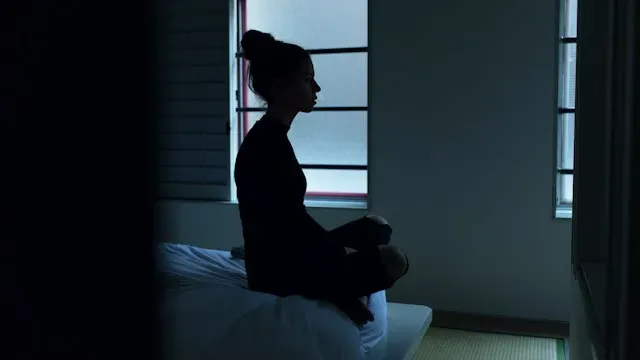
Social Rhythm Therapy
Social Rhythm Therapy: Innovative Strategy for Improving Daily Routines and Mood Stability in Mental Health Disorders
Get carepatron free
Commonly asked questions
Social Rhythm Therapy is effective in treating bipolar disorder by stabilizing daily routines and social rhythms, which are closely linked to mood regulation. Promoting regular sleep patterns, consistent eating habits, and structured daily activities helps reduce the frequency and severity of mood episodes in bipolar disorders. Additionally, it can enhance medication adherence and improve overall psychosocial functioning.
Yes, Social Rhythm Therapy can be beneficial for individuals with major depressive disorder. Establishing and maintaining regular daily routines helps align the body’s circadian rhythms, improving mood and reducing depressive symptoms. It also addresses interpersonal deficits and stress from life events, both of which can contribute to depressive episodes.
Interpersonal relationships are crucial in Social Rhythm Therapy, especially when integrated with Interpersonal Psychotherapy. The therapy addresses how relationships and life transitions impact mood and daily rhythms. It aims to resolve interpersonal role disputes, manage role transitions, and develop coping skills for dealing with interpersonal stressors, improving mood stability and social functioning.
The Social Rhythm Metric is a tool used in Social Rhythm Therapy to track an individual’s daily activities and routines. By monitoring sleep patterns, meal times, work schedules, and social interactions, the SRM helps identify patterns or disruptions in daily rhythms that may influence mood symptoms. This information is used to create more stable and regular routines, which is crucial in treating mood disorders like bipolar disorder and major depressive disorder.







